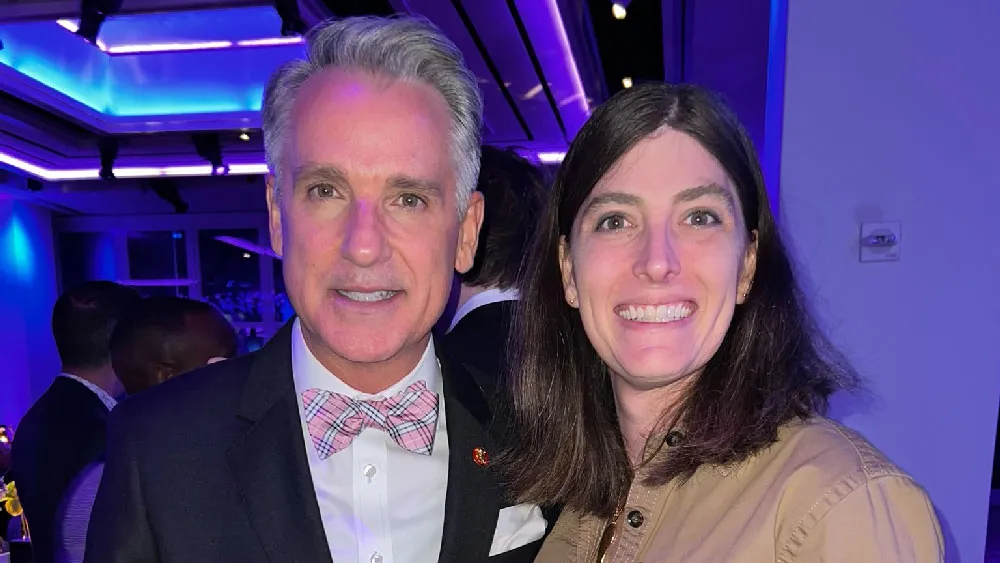February 16, 2021
UK Opens Quarantine Hotels, Pushes on With Vaccine Drive
Jill Lawless READ TIME: 3 MIN.
Britain's newly established quarantine hotels received their first guests on Monday as the government tries to prevent new coronavirus variants from derailing a fast-moving vaccination drive that has delivered more than 15 million shots in ten weeks.
Passengers arriving at London's Heathrow Airport were escorted by security guards to buses that took them to nearby hotels.
Some of the travelers said they had tried and failed to make it to Britain before Monday to avoid the quarantine.
Zari Tadayon, who flew to Heathrow from Dubai and was taken to the Radisson Blu Edwardian hotel near the airport, said she had hoped she would be allowed to quarantine at her home in London. She said she felt "horrible" about the enforced 10-day hotel stay.
"How I'm going to cope I don't know. It's going to be tough," she said.
Britain has given a first dose of coronavirus vaccine to almost a quarter of its population, but health officials are concerned that vaccines may not work as well on some new strains of the virus, including one first identified in South Africa.
Under the new rules, residents of the U.K. and Ireland arriving in England from 33 high-risk countries must stay in designated hotels for 10 days at their own expense, with meals delivered to their door. In Scotland the rule applies to arrivals from any country.
International travel has already been sharply curbed by the pandemic and Britons are currently barred from going on overseas vacations.
Critics, however, say Britain's quarantine hotels are being set up too late, with the South African variant already circulating in the U.K.
Nick Thomas-Symonds, borders and immigration spokesman for the main opposition Labour Party, said reports of passengers from "red zone" countries mingling with others on planes and at the airport showed that the government's quarantine policy was "half baked."
On Sunday, the Conservative government reached its goal of giving the first of two doses of vaccine to 15 million of Britain's most vulnerable people, including health care workers and those aged over 70.
Visiting a London vaccination center on Monday, Prime Minister Boris Johnson praised the "unbelievable effort" by scientists, medics, pharmacists, members of the military and volunteers that had achieved Europe's fastest vaccine rollout.
Health Secretary Matt Hancock said the vaccination drive is now being extended to people over 65 and those with underlying health conditions. The government aims to give everyone over 50 their first vaccine shot by the end of April and vaccinate the whole adult population by September.
Simon Stevens, chief executive of the National Health Service in England, cautioned that the national vaccination campaign consisted of "two sprints and a marathon, (and) we've just come to the end of the first sprint." He said months of inoculations, and possibly booster shots against new variants, lay ahead.
Britain has had Europe's worst coronavirus outbreak, with more than 117,000 deaths, though Infections and deaths are now falling steadily after more than a month of national lockdown. On Monday the U.K. recorded 9,765 new cases, the first time the figure has been below 10,000 since Oct. 2. There were 230 new deaths recorded, almost a third fewer than a week ago.
The government says it will announce a "road map" for easing lockdown on Feb. 22.
Johnson is under pressure from some members of his governing Conservative Party to lift the lockdown soon, allowing businesses to reopen and people to visit friends and family.
The prime minister, who has been accused of being too slow to lock Britain down last spring, then too quick to ease restrictions over the summer, now is striking a more measured tone.
"Although the vaccination program is going well, we still don't have enough data about the exact effectiveness of the vaccines in reducing the spread of infection," Johnson said at a news conference.
"We must be both optimistic but also patient," he said. "Because we want this lockdown to be the last."


